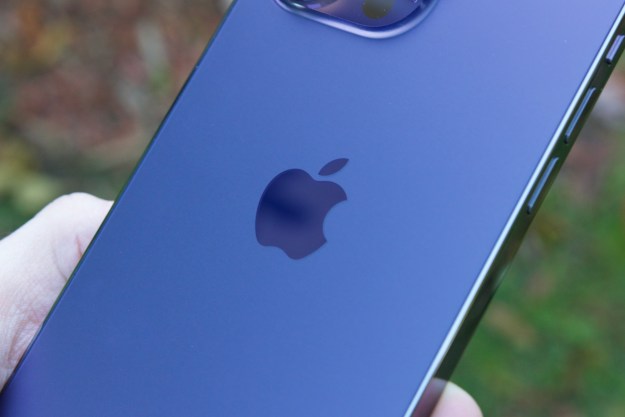
While iMessage has long supported end-to-end encryption, there has long been a catch to that encryption — backing up your messages to iCloud allows Apple, and any government or hacker who forces his or her way into Apple’s system, to read your messages. That kind of defeats the purpose of encryption in the first place.
Apple, however, is changing that with the launch of iOS 11, its latest and greatest mobile operating system. All of your conversations in iOS 11 will now be synced automatically across your iPhone, iPad, Mac, and other Apple devices. With that automatic syncing, however, comes new security challenges. Does it mean that Apple will be able to read your messages? Apparently not.
“Our security and encryption team has been doing work over a number of years now to be able to synchronize information across your, what we call your circle of devices — all those devices that are associated with the common account — in a way that they each generate and share keys with each other that Apple does not have,” said Apple’s Senior Vice President of Software Engineering Craig Federighi in an interview with Apple blogger John Gruber. “And so, even if they store information in the cloud, it’s encrypted with keys that Apple doesn’t have.”
How is this possible? Well, we don’t know just yet, but we’ll likely hear more about it in the coming months before the official launch of iOS 11.
Editors' Recommendations
- This one Apple Fitness feature completely changed how I exercise
- AirTags range: here’s how far the tracker can reach
- Nomad’s new iPhone case and Apple Watch band may be its coolest yet
- An Apple insider just revealed how iOS 18’s AI features will work
- Here’s how Apple could change your iPhone forever


